
Consider the following story as it relates to this week’s topic.
Andrea and I will be welcoming our daughter in just a few weeks! We couldn’t be more excited! Of course, this also means we’re beginning to discuss how we’re going to raise her. While we agree on almost everything, we disagree on technology. Andrea says she wants our daughter to have a tablet along with access to apps that will provide her with endless learning and entertainment opportunities. I’m very apprehensive. Too much technology already seems to negatively affect adults, so wouldn’t it be even worse for kids?
Over the last few years, technology has advanced in a way that none of us would have ever expected 20 or 30 years ago. Its impact is so large that almost everyone has a smartphone with internet access, the latest applications, and at least one social media outlet.
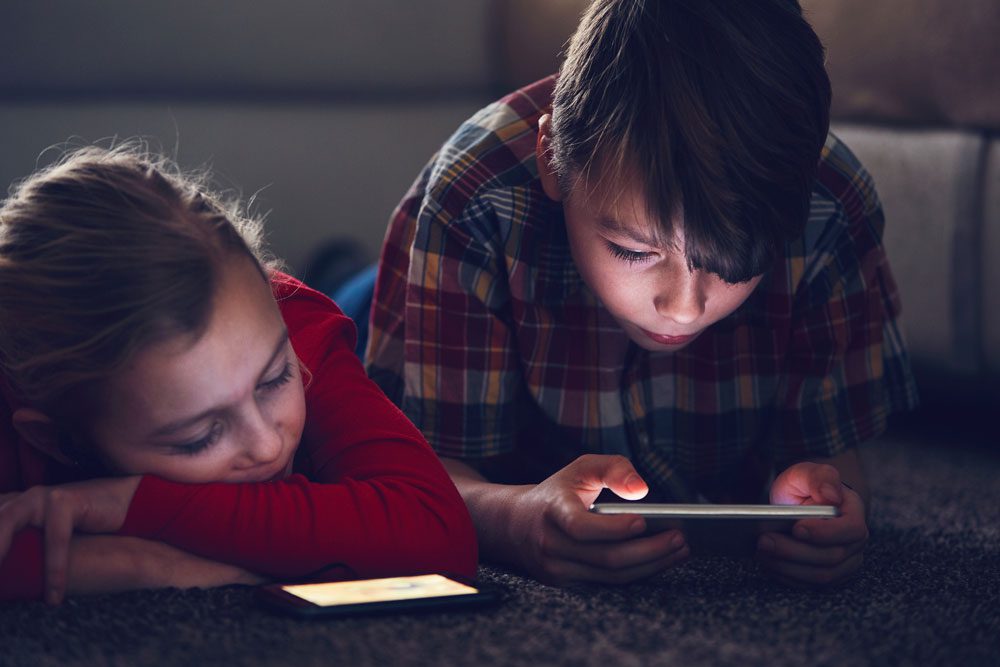
While many aspects of these advancements are beneficial, they often raise questions regarding their effects on people. For instance, how much screen time should a child be allowed to have?
Research from a variety of perspectives has been examining the relationship between different types and amounts of screen time with brain, social, emotional, and cognitive development. A significant multi-site and multi-year study is now working to answer this question.
Looking for Answers
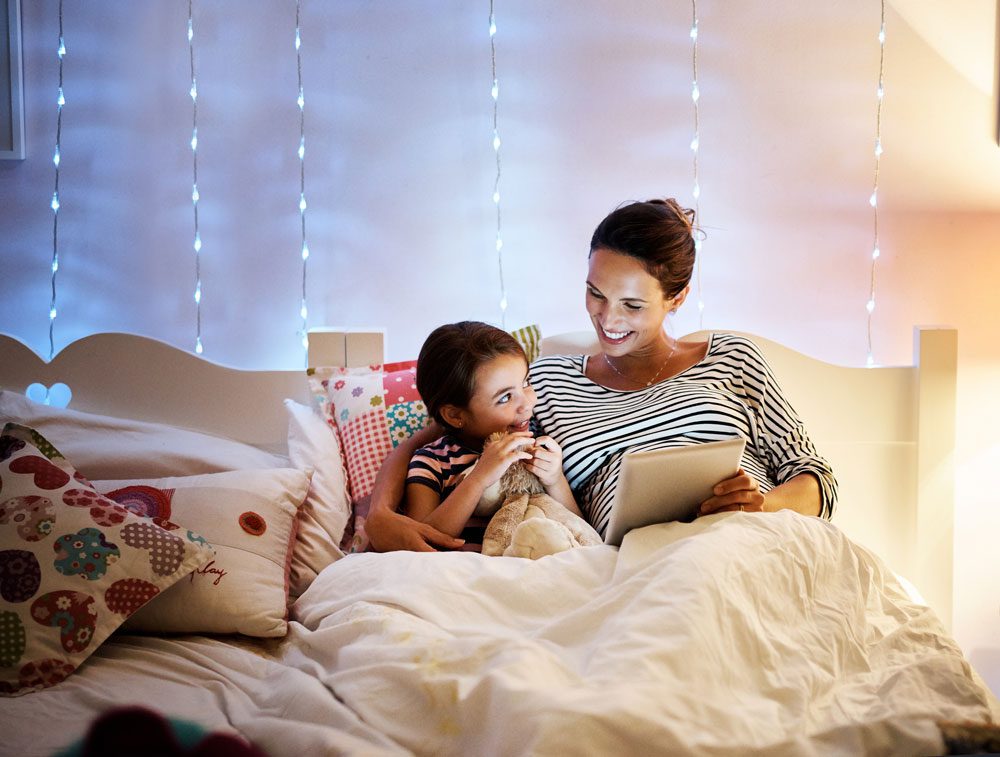
The National Institutes of Health (NIH) have started working on a first-of-a-kind “landmark” study called the Adolescent Brain Cognitive Development (ABCD) Study. It’s expected to last over a decade and will follow over 11,000 children aged 9 and 10 to determine how their brains react to screen time.
“The ABCD Study is a landmark study on brain development and child health that will increase understanding of environmental, social, genetic, and other biological factors that affect brain and cognitive development and can enhance or disrupt a young person’s life trajectory.
“The study—being conducted at 21 research sites around the country—will use advanced neuroimaging to observe brain development in children throughout adolescence, while tracking social, behavioral, physical, and environmental factors that may affect brain development and other health outcomes.”
While the study is just beginning, initial results have found that even a minimal number of hours a day can have a negative impact on children. Kids that spent over two hours on a screen per day received lower scores on tests that focus on thinking and language skills.
Dr. Dimitri Christakis, principal author of the American Academy of Pediatrics’ Screen Time Guidelines, revealed that children just don’t know how to translate what they learn on the screen to real life situations.
This means that if a child learns how to stack some blocks on an app, they will have to start from scratch when learning how to do the same thing in a three-dimensional world.
We encourage parents to spend time interacting with their children and technology. Click To TweetWe encourage parents to spend time interacting with their children and technology. This way, parents will know what kids are doing online. Participating or at least “being with” kids while they are watching YouTube videos or playing games gives parents chances to discuss the storylines, behaviors, relationship dynamics, and even how marketing plays a role in what their kids encounter online.
Jordan Shapiro, a psychologist and professor at Temple University, has written about how and why parents may want to reconsider how they view screen time. His new book, The New Childhood, encourages parents to spend more time together with their kids and their screens. This is often referred to as “joint media engagement” (and yes, that’s a real thing!).
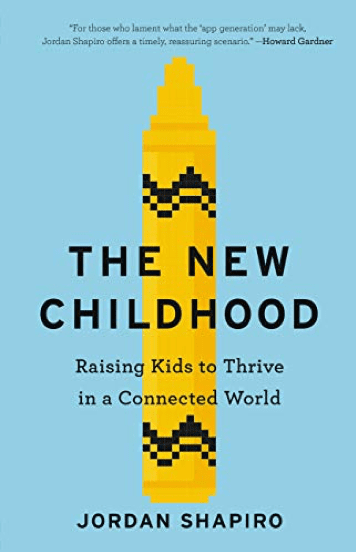
Dial Back
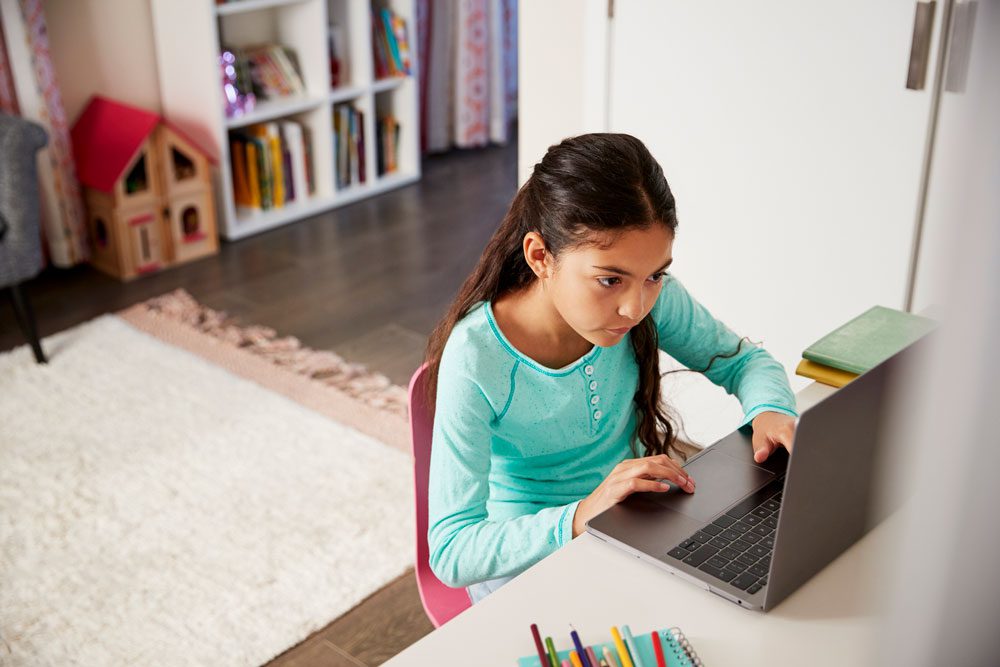
The American Academy of Pediatrics suggests that parents prioritize face-to-face communications and avoid screen usage for children from birth to 24 months of age. Once children begin using screens, parents are advised to accompany and monitor what their kids do.
As a child grows older, screen time typically becomes more and more frequent. Click To TweetAs a child grows older, screen time typically becomes more and more frequent. But it’s important that parents continue to select productivity over entertainment. This means that if there is any time left over after a child finishes their schoolwork, homework, and sports, they can then be allowed some screen time.
One of the most effective ways to ensure that your child has a healthy relationship with their smartphone, computer, and television is through leading by example. So, make sure you’re making just as good an effort to keep your screen time under control, especially if your kids are around. We cannot stress this enough.
The impact of parents being distracted by technology is having a terrible impact on children. Click To TweetThe impact of parents being distracted by technology is having a terrible impact on children. The experience of having a parent physically present but emotionally absent and distracted is leaving a lasting impact on many kids. And just because your child does this to you does not make it okay to do it yourself.
Schedule Your Appointment with Rice Psychology Group Today
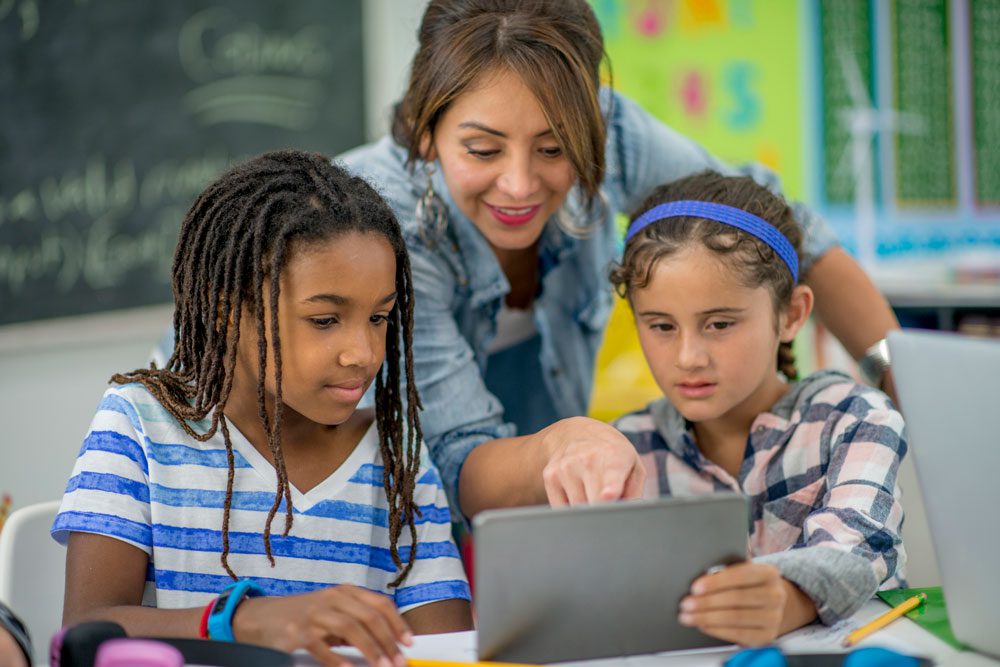
If you are reading this blog, chances are your children are the most important part of your lives. That is why we’re fully committed to helping you prioritize their needs and balance them with your own. Our Tampa-based licensed psychologists and mental health counselors are ready to listen to your story and help you find the best ways possible to move forward. For more information, contact us today.


Thank you for this message. It is heartbreaking to see parents ignore their precious little ones. That lost time can Never be reclaimed; there is no bonding for either, and it is a sad waste of time. So much more, Wendy, and I don’t have any training at all — just a soft heart for neglected children. Keep up the good work. Hold that banner high
From our heart to yours Josie!
-Wendy B. Rice, Psy.D.